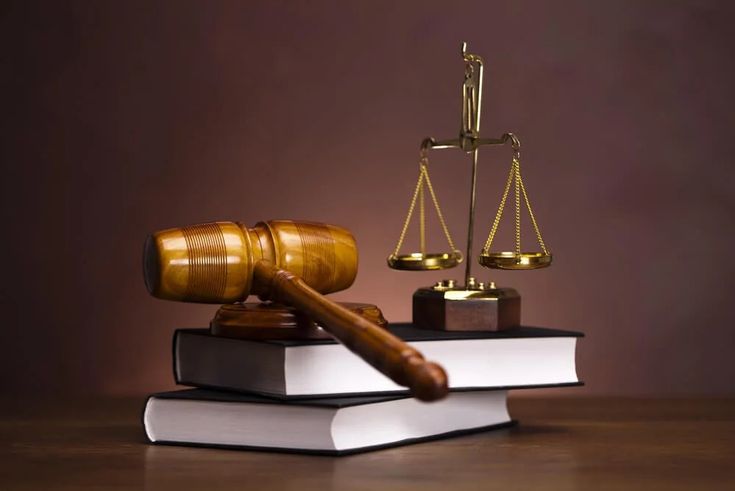Introduction:
Driving is a daily necessity for many, providing a sense of freedom and convenience. However, life doesn’t always go as planned, and some individuals find themselves behind the wheel driving without a license in new jersey. In the state of New Jersey, this situation can lead to serious consequences. In this blog post, we’ll explore the risks and repercussions of driving without a license in the Garden State, as well as shed light on the legal intricacies surrounding this issue.
Understanding the Basics:
Before delving into the specifics of driving without a license in New Jersey, it’s crucial to understand the basics of licensing regulations. Obtaining a driver’s license is a legal requirement that involves passing written and practical exams to ensure a driver’s competence and knowledge of traffic rules. Unfortunately, some individuals choose to drive without a license due to various reasons, such as financial constraints, lack of awareness, or other personal circumstances.
Legal Consequences:
New Jersey, like many states, takes driving without a license seriously. The legal consequences for such actions can be severe, ranging from fines and probation to potential imprisonment. It’s important to note that penalties may vary based on factors such as prior offenses, the reason for driving without a license, and the individual’s criminal history.
- Fines and Penalties:
Driving without a license in New Jersey can result in hefty fines, which may increase with subsequent offenses. The monetary consequences are meant to discourage individuals from disregarding the law and to serve as a deterrent for potential offenders.
- Probation:
Offenders may be placed on probation as part of their sentence. During probation, individuals must adhere to specific conditions set by the court, which may include regular check-ins, community service, or attendance at driving education programs.
- Imprisonment:
In more serious cases, driving without a license may lead to imprisonment. This is a last resort and typically reserved for repeat offenders or situations where the individual poses a significant risk to public safety.
Understanding the Circumstances:
While the legal consequences are clear, it’s also important to consider the circumstances that may lead someone to drive without a license. Some individuals may be unaware that their license is suspended due to unpaid fines or unresolved traffic violations. Others may face financial constraints that hinder their ability to obtain or renew a license. Understanding these factors can provide insight into the complexities surrounding this issue.
- Unpaid Fines and Traffic Violations:
In some cases, individuals may have their licenses suspended without realizing it. Unpaid fines or unresolved traffic violations can lead to a suspension, making it illegal for the person to drive.
- Financial Constraints:
The cost associated with obtaining or renewing a driver’s license can be a significant barrier for some individuals. In such cases, financial constraints may drive people to take the risk of driving without a valid license.
- Lack of Awareness:
Some individuals may not fully understand the consequences of driving without a license or may be unaware that their license is no longer valid. Education and awareness programs can play a crucial role in addressing this issue.
Conclusion:
driving without a license in new jersey is a serious offense that can result in substantial legal consequences. While the reasons behind this choice may vary, it’s essential for individuals to understand the potential risks and seek legal alternatives. Moreover, addressing the underlying issues, such as financial constraints or lack of awareness, can contribute to preventing this issue in the first place. As we navigate the complex roads of life, let’s strive to do so responsibly and in accordance with the law, ensuring the safety and well-being of ourselves and others on the journey.


